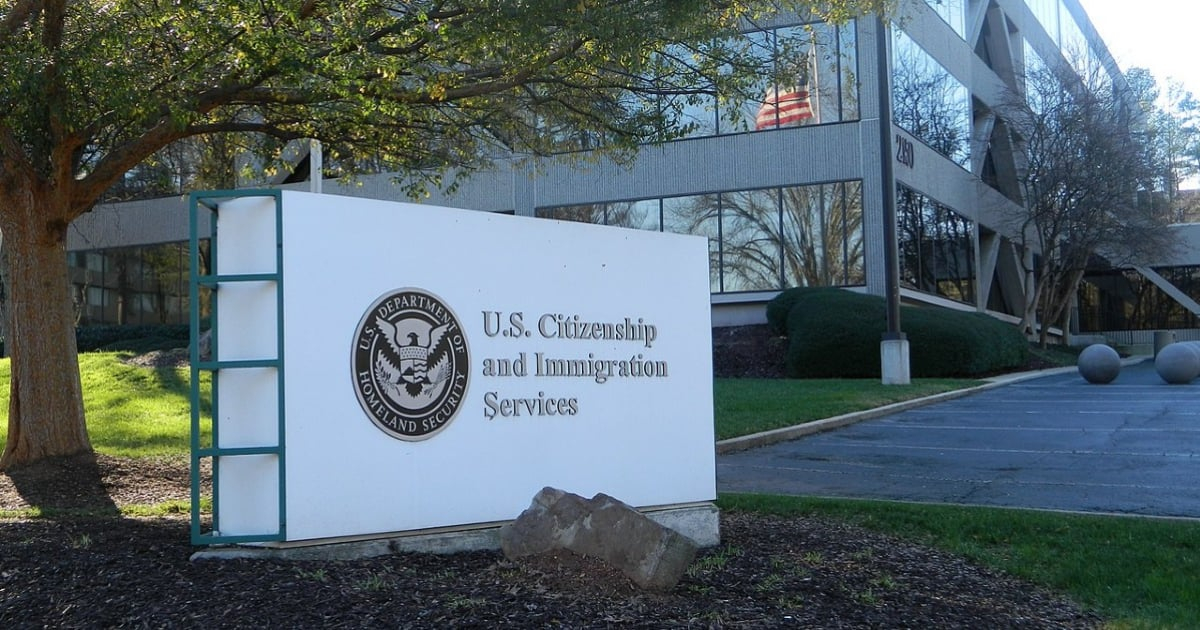
In the middle of themigration crisis in Cuba, thousands of people are moved by a shower of humanitarian parole cases denied this Tuesday.
The immigration lawyerRalip Hernandez, in statements toUnivision 23 He said that it could be various factors, among which he mentions the requirement in reviewing the requests, technical problems on the platform, or errors when submitting the documentation.
"We have seen cases such as errors in names, passports that do not match the data on birth certificates, and others. People who have a process must review all that documentation," Hernández warned.
The lawyer encouraged people with rejected cases to restart the processes, either with the same sponsor or with another.
He suggested Cubans check if they have open applications in more than one immigration program because this could also be the cause of the negative response, as diverse information is presented on the platforms or missing data when filling out the questionnaires.
"We have seen denials in other nationalities. This is a program that has a limit each month and the government approves at random. The good news is that the Court has not rejected it, so there are still possibilities," Hernández reminded the Cubans. .
How many humanitarian parole cases for Cubans were rejected?
The exact figure has not been revealed so far. The US authorities have not commented on thesemassive denials of humanitarian parole.
Martí News assures that when checking the data of an electronic application used by migrants to review the status of their cases, they detected a peak ofmore than 3 thousand negative responses on April 9.
It isrefusals to the humanitarian parole of Cubans They arrive after long months of paperwork, with hopes pinned on a legal option to leave the island. The news leaves many families discouraged and worried about what will happen to them in the future.
In 2023 the president's administrationJoe Biden approved the Humanitarian Parole program for Cubans, Haitians, Nicaraguans and Venezuelans. The initiative was not well received by 21 Republican states that sued the federal government before the US Justice.
In March the judgeDrew Tipton of the court in Victoria, Texas, decided that thehumanitarian parole for Cuba, Venezuela and Haiti it would be maintained.
The federal judge's decision made many Cubans happy. However, concerns remained over delays in processing applications.
This program requires a sponsor in the United States who agrees to cover the emigrants' expenses.Welcome Connect, the platform that supports those seeking asylum in the United States and allows them to connect with sponsors, announced that it is opening innew date for registration April 16.
Official data indicates thatmore than 81 thousand Cubans emigrated to the United States in a safe, orderly and legal manner thanks tohumanitarian parole program.
TheBorder Patrol (CBP) indicated that until the end of February 2024, more than 386,000 people from Cuba, Haiti, Nicaragua and Venezuela were approved to travel through this initiative, which grants a maximum of 30 thousand visas per month for the mentioned nationalities.
What do you think?
COMMENTFiled in: